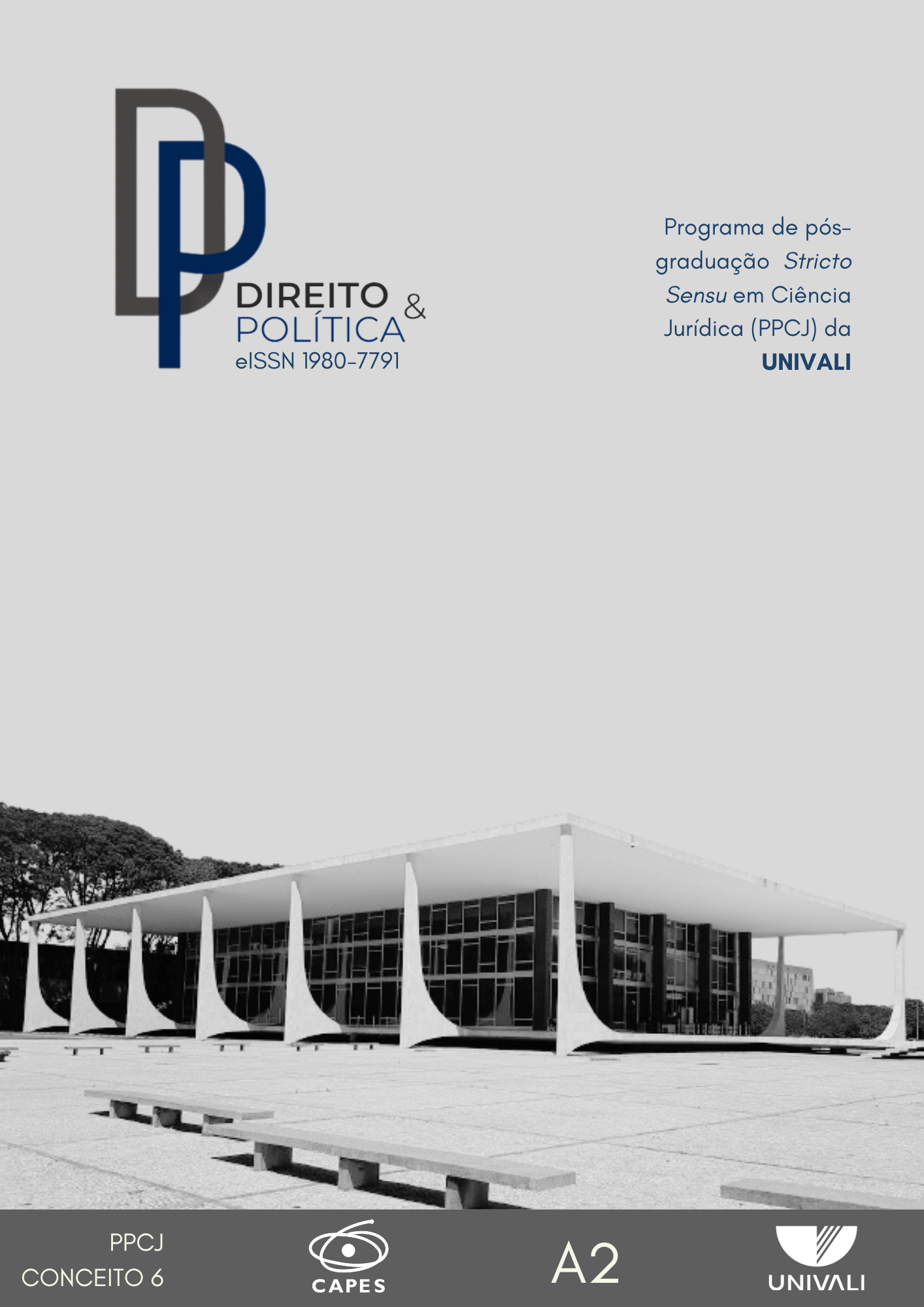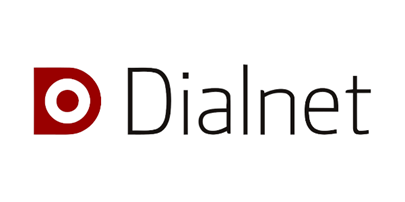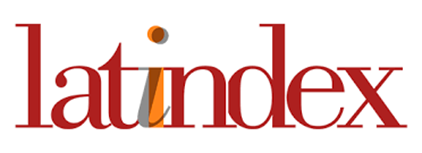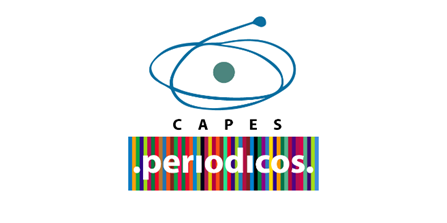DISINFORMATION, FREEDON OPINION AND EXPRESSION AND CONTENT MODERATION ON SOCIAL MEDIA
DOI:
https://doi.org/10.14210/rdp.v19n3.p353-373Keywords:
Social Media, Disinformation, Content Moderation, Freedom of Expression, UNAbstract
Contextualization of the theme: The advancement of technology and the increase of adept users in social media have amplified the harmful effect of disinformation on democracy. In this sense, several studies are being developed around the world to seek to combat disinformation, with emphasis on the 2021 UN Report on Disinformation and Freedom of Opinion and Expression.
Objectives: The general aim of the article is to study the extent to which the guidelines of the UN Report on Disinformation and Freedom of Opinion and Expression (2021 - A/HRC/47/25) will help to combat disinformation on social media. At first, the study presents a conceptual analysis of disinformation, freedom of opinion, and freedom of expression. Afterward, we sought to explain how the logic of content moderation on disinformation through social media works, too. In the end, present the UN guidelines and recommendations on the subject.
Methodology: The deductive method of approach was used since it will start from general premises to reach a particular conclusion, as well as bibliographic research.
Results: It is concluded that the guidelines of the UN Report on disinformation and freedom of expression offer mechanisms and recommendations to guide the fight against disinformation.
Downloads
References
ANG, Benjamin; ANWAR, Nur Diyanah; JAYAKUMAR, Shashi. Disinformation & Fake News: Meanings, Present, Future, 2018. Em Disinformation and Fake News. 3-20. Singapure: Palgrave Macmillan. DOI: https://doi.org/10.1007/978-981-15-5876-4 DOI: https://doi.org/10.1007/978-981-15-5876-4_1
AIETA, Vania Siciliano. O Impacto Eleitoral Resultante da Manipulação das Fake News no Universo das Redes Sociais: a Construção da Desinformação. Revista Interdisciplinar de Direito. v. 18, n. 1, pp 213-233, jan./jun. 2020. DOI: https://doi.org/10.24859/fdv.2020.1.010
BARBOSA, Mafalda Miranda. Fake News e Fact-chekers: uma perspectiva jurídico-civilista. Revista de Direito e Responsabilidade. Ano 3 – 2021. p. 733-766
ESTARQUE, Marina; ACHEGAS, João Victor; BOTTINO, Celina; PERRONE, Christian. Redes Sociais e Moderação de Conteúdo: criando regras para o debate público a partir da esfera privada. Instituto de Tecnologia e Sociedade do Rio – ITS. Disponível em https://itsrio.org/wp-content/uploads/2021/04/Relatorio_RedesSociaisModeracaoDeConteudo.pdf. Acesso em: 16 mai. 2022.
FACEBOOK. Charting a way fowrard: online content regulations. Disponível em https://about.fb.com/wp-content/uploads/2020/02/Charting-A-Way-Forward_Online-Content-Regulation-White-Paper-1.pdf Acesso em: 18 mai. 2022.
FACEBOOK. Corporate Human Rights Policy, 2021. Disponível em https://about.fb.com/wp-content/uploads/2021/03/Facebooks-Corporate-Human-Rights-Policy.pdf. Acesso em: 18 mai. 2022.
FACEBOOK. Facebook submission to UN Special Rapporteur on Freedom of Opinion and Expression for Report on Disinformation, 2021. Disponível em https://www.ohchr.org/sites/default/files/Documents/Issues/Expression/disinformation/4-Companies/Facebook.pdf. Acesso em 22 mai. 2022.
FACEBOOK. Padrões da Comunidade do Facebook, 2018. Disponível em https://transparency.fb.com/pt-br/policies/community-standards/?source=https%3A%2F%2Fwww.facebook.com%2Fcommunitystandards%2F Acesso em: 18 mai. 2022.
GOOGLE. Human Rights. 2020. Disponível em https://about.google/intl/pt-BR/human-rights/ Acesso em: 17 abr. 2022.
GOVERNMENT OF CANADA. Paris call for trust and security in cyberespace. Disponível em https://www.canada.ca/en/democratic-institutions/services/paris-call-trust-security-cyberspace.html. Acesso em: 23 mai. 2022
H2O. Stratton Oakmont, inc. v Prodigy Services Co. Disponível em https://h2o.law.harvard.edu/cases/4540 Acesso em: 27 fev. 2022.
IZA, Daniela Gonzales. Human Rights In The Digital Era: Challenges and Opportunities From The United Nations Human Rights System. Jurnal Pengajian Umum Asia Tenggara 22 (2021): 1 – 13 DOI: https://doi.org/10.17576/malim-2021-2201-01
JONES, Kate. Online Disinformation and Political Discourse: Applying a Human
Rights Framework. International Law Programme, November 2019. Disponível em https://www.chathamhouse.org/sites/default/files/2019-11-05-Online-Disinformation-Human-Rights.pdf Acesso em 18 mai 2022.
JORGENSEN, Rikke Frank. A Human Rights-Based Approach to Social Media Platforms: Is Social Media Ethical?. 2021. Berkley Center for Religion, Peace and Word Affairs. Disponível em https://berkleycenter.georgetown.edu/responses/a-human-rights-based-approach-to-social-media-platforms. Acesso em: 16 mar. 2022.
JUSTIA US LAW. Cubby, Inc. v. CompuServe Inc., 776 F. Supp. 135 (SDNY 1991). Disponível em https://law.justia.com/cases/federal/district-courts/FSupp/776/135/2340509/ Acessado em 27 fev. 2022
KUMAR, Srijan; SHAH, Neil. False Information on Web and Social Media: A Survey. 1, 1 (April 2018). Disponível em https://arxiv.org/pdf/1804.08559.pdf Acesso em: 16 mai 2022.
MANYANA, Candice Chirwa and Zimkhitha. The Rise of Fake News: Surveying the Effects of Social Media on Informed Democracy. The Thinker. Volume 88, 2021. Disponível em https://journals.uj.ac.za/index.php/The_Thinker/article/view/604/378. Acesso em: 18 mai. 2022 DOI: https://doi.org/10.36615/thethinker.v88i3.604
ORGANIZATION OF AMERICA STATES. Joint declaration of freedom of expression and “Fake News”, disinformation and propaganda. 2017. Disponível em https://www.osce.org/files/f/documents/6/8/302796.pdf. Acessado em 15 de mai. 2022.
SANDER, Barrie. Democratic Disruption in the Age of Social Media: Between Marketized and Structural Conceptions of Human Rights Law. The European Journal of International Law. Vol. 32 no. 1, 2021. DOI: https://doi.org/10.1093/ejil/chab022
SANTA CLARA PINCIPLES. Princípios de Santa Clara 1.0., 2018. Disponível em https://santaclaraprinciples.org/scp1/ Acesso em: 22 mai. 2022.
SANTA CLARA PINCIPLES. Princípios de Santa Clara 2.0., 2021. Disponível em https://santaclaraprinciples.org/Acesso em: 22 mai. 2022.
STARTS, Janis. Disinformation as a Threat to National Security. 2018. Em Disinformation and Fake News. 23-32. Singapure: Palgrave Macmillan. DOI: https://doi.org/10.1007/978-981-15-5876-4 DOI: https://doi.org/10.1007/978-981-15-5876-4_2
TWITTER. Defender e respeitar as pessoas que utilizam os nossos serviços. Disponível em https://help.twitter.com/en/rules-and-policies/defending-and-respecting-our-users-voice Acesso em: 17 de abr 2022.
UNITED NATIONS GENERAL ASSEMBLY. Disinformation and freedom of opinion and expression. Report of the Special Rapporteur on the promotion and protection of the right to freedom of opinion and expression, Irene Khan A/HRC/47/25. Disponível em https://www.ohchr.org/en/calls-for-input/reports/2021/report-disinformation
VÉRITER, Sophie. European Democracy and Counter-Disinformation: Toward a New Paradigm?. Carnegie Europe. 2021. Disponível em: <https://carnegieeurope.eu/2021/12/14/european-democracy-and-counter-disinformation-toward-new-paradigm-pub-85931>. Acesso em: 24 fev. 2022.
Downloads
Published
How to Cite
Issue
Section
License
Na qualidade de autor(es) da colaboração, original e inédita, sobre o qual me(nos) responsabilizo(amos) civil e penalmente pelo seu conteúdo, após ter lido as diretrizes para autores, concordado(amos) com o Regulamento da Revista Eletrônica Direito e Política e autorizo(amos) a publicação na rede mundial de computadores (Internet), permitindo, também, que sua linguagem possa ser reformulada, caso seja necessário, sem que me(nos) seja devido qualquer pagamento a título de direitos autorais, podendo qualquer interessado acessá-lo e/ou reproduzi-lo mediante download, desde que obedeçam os Direitos Autorais.


















